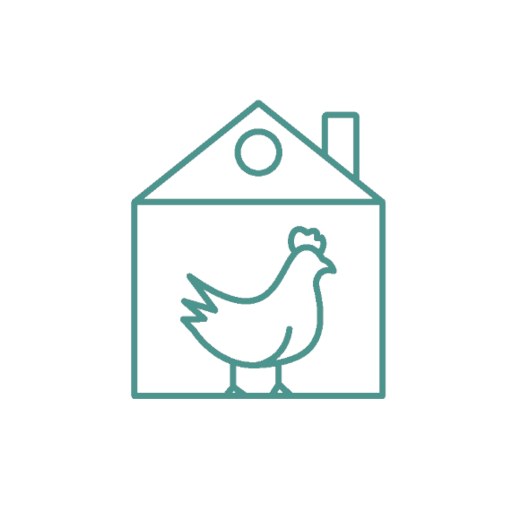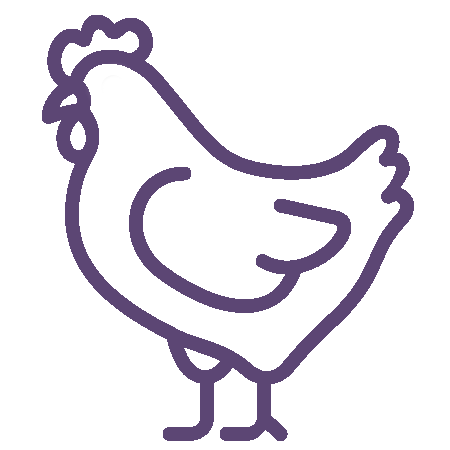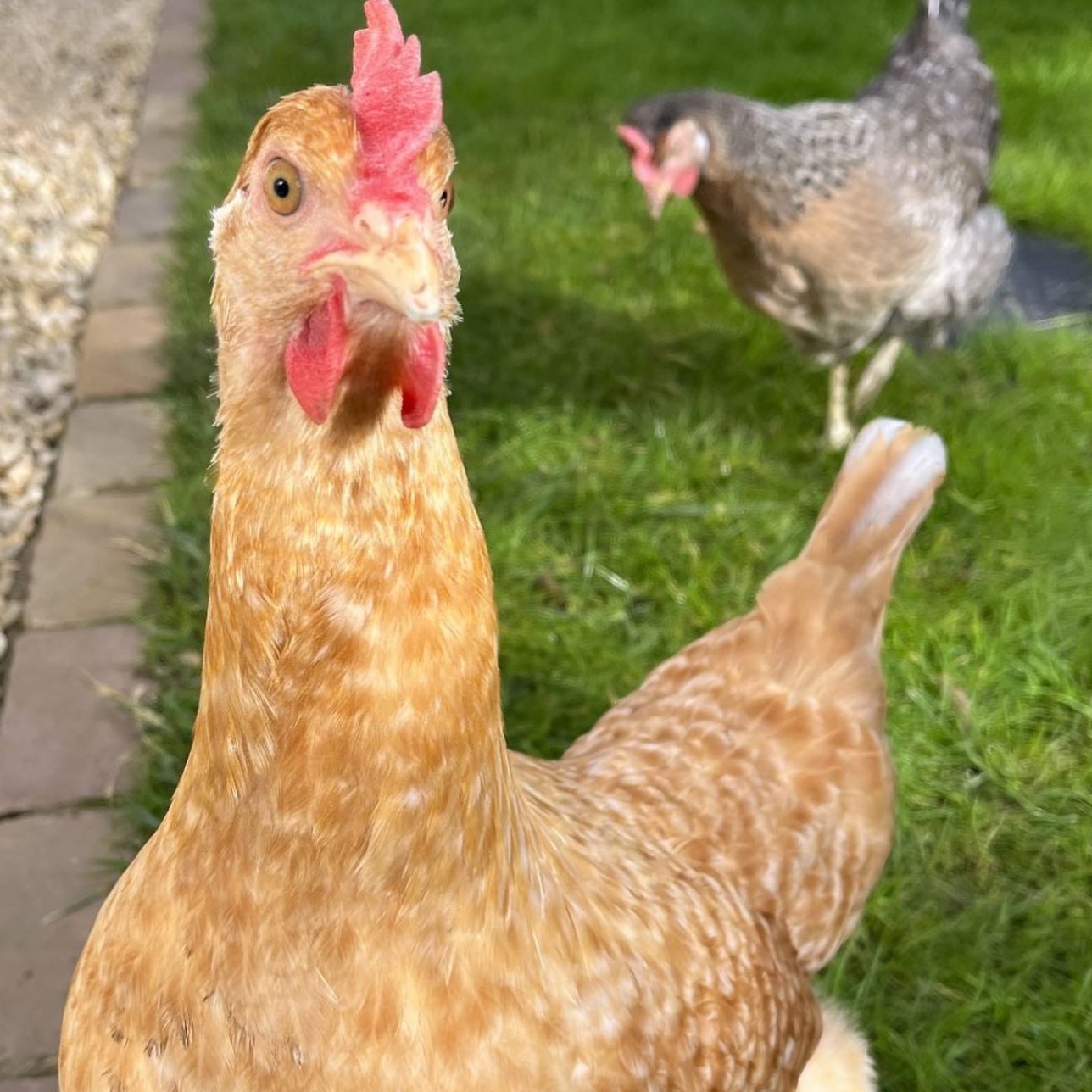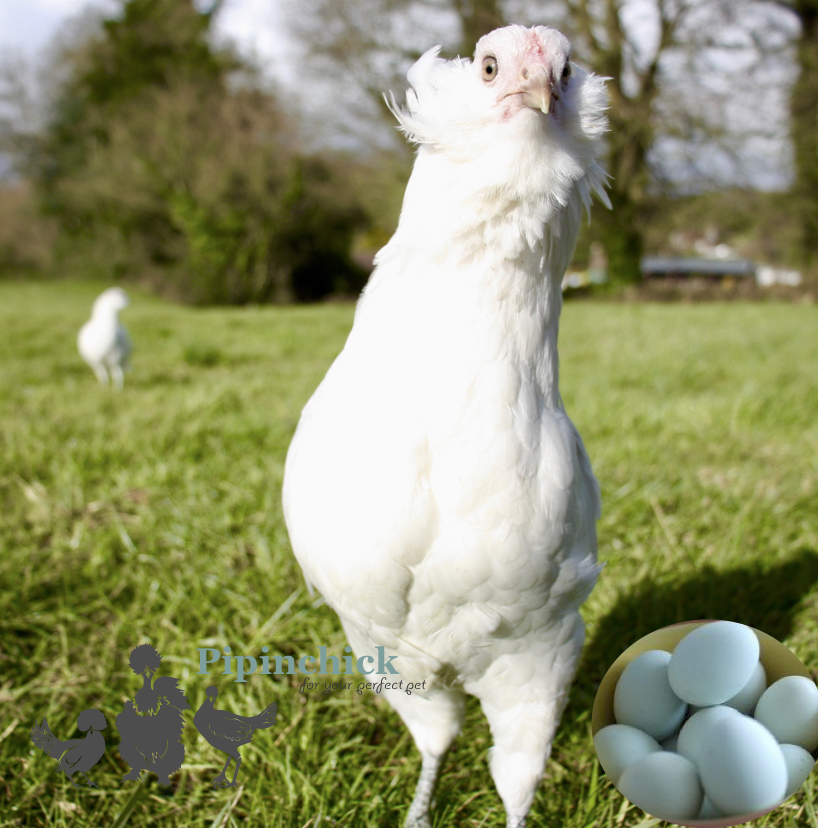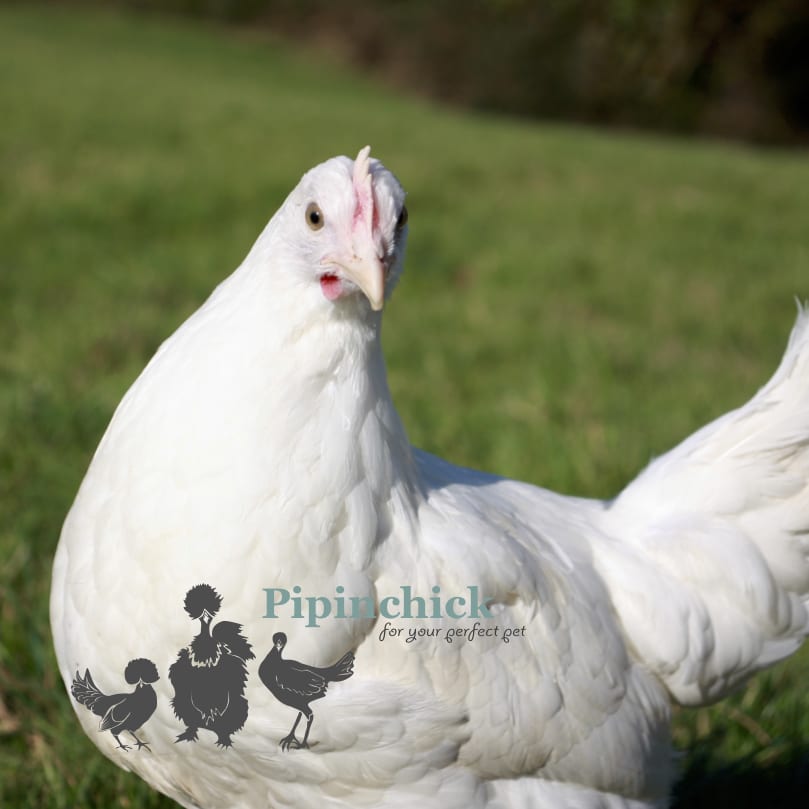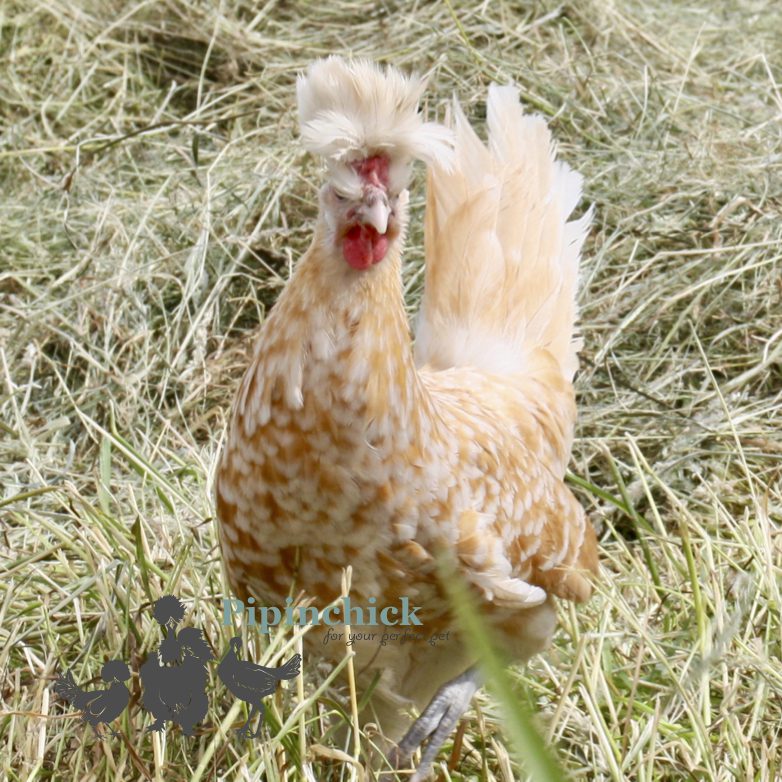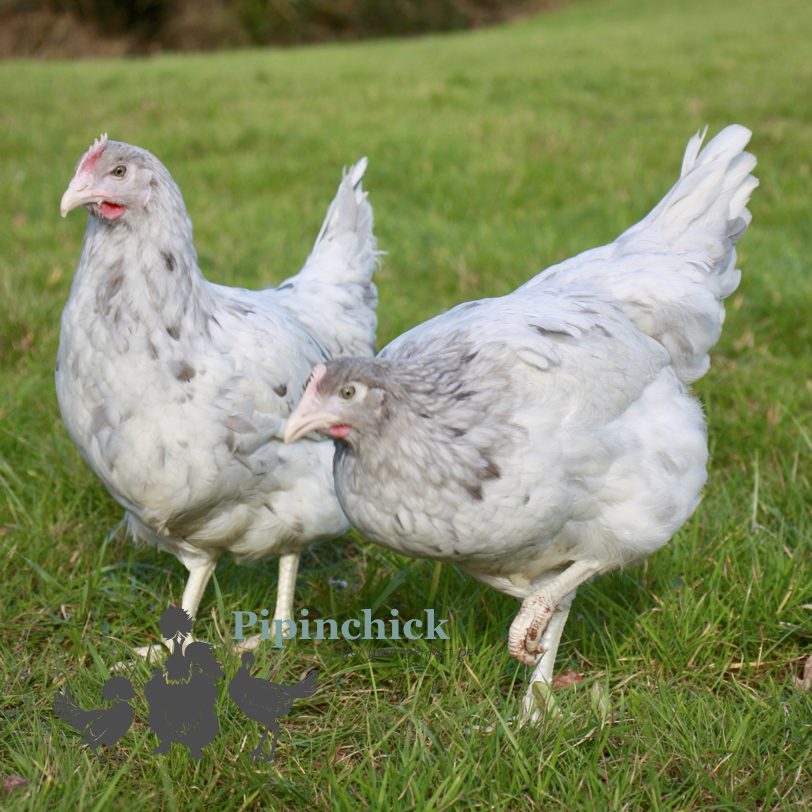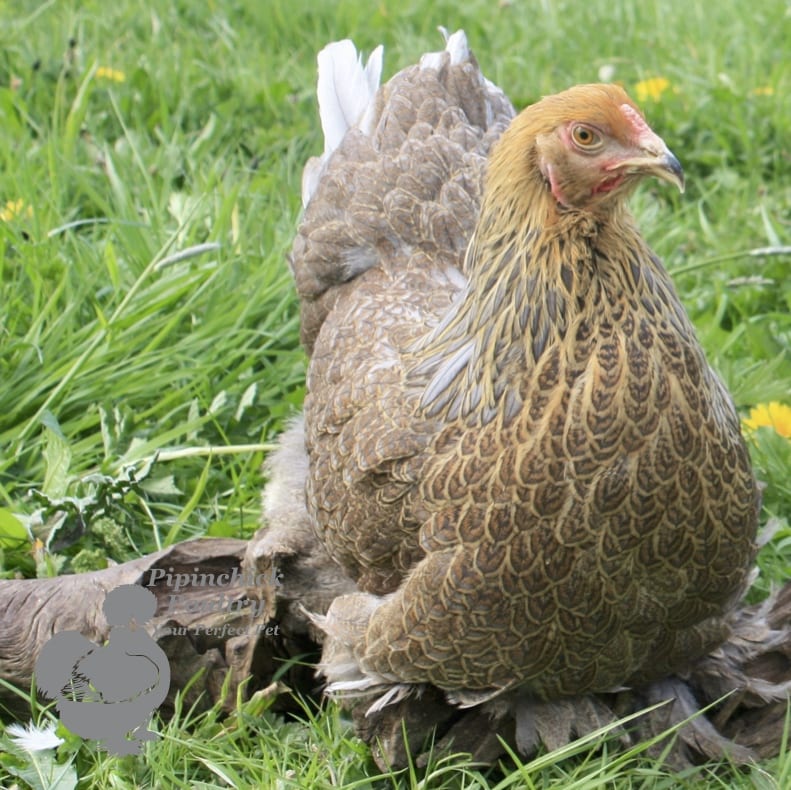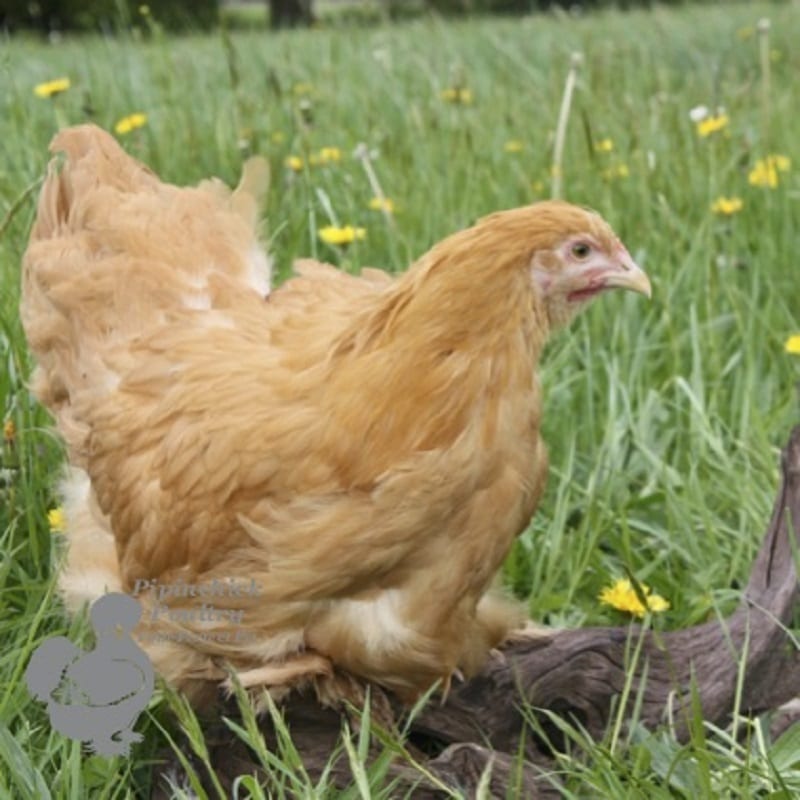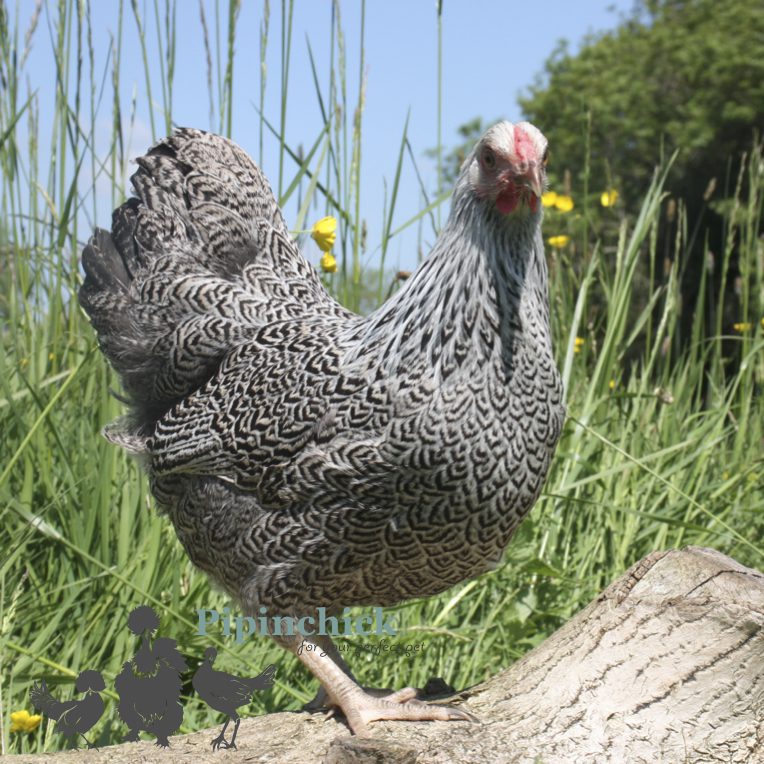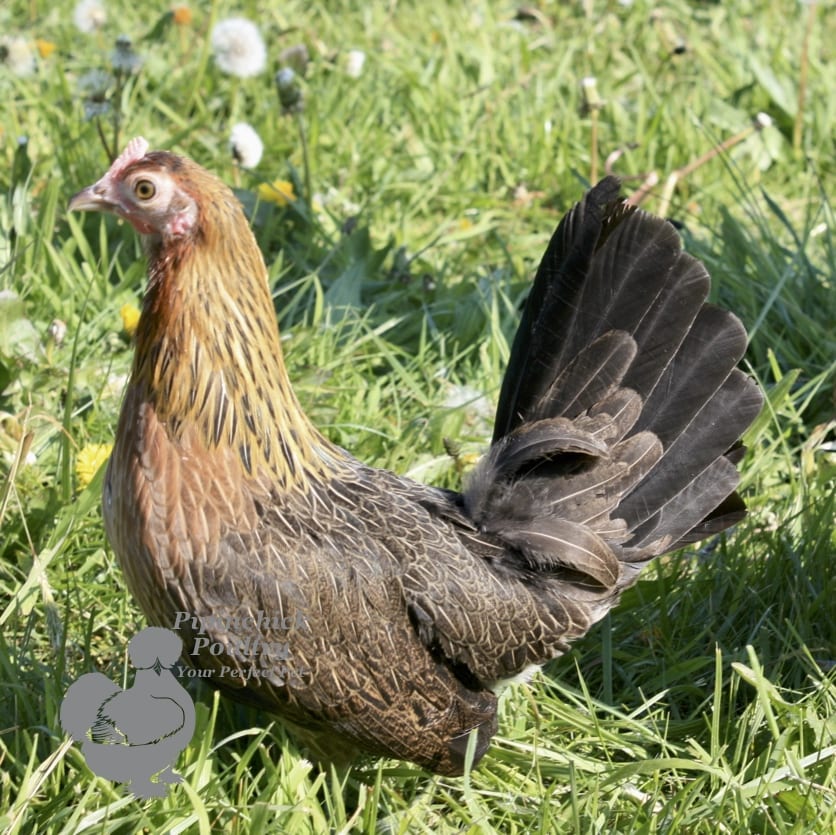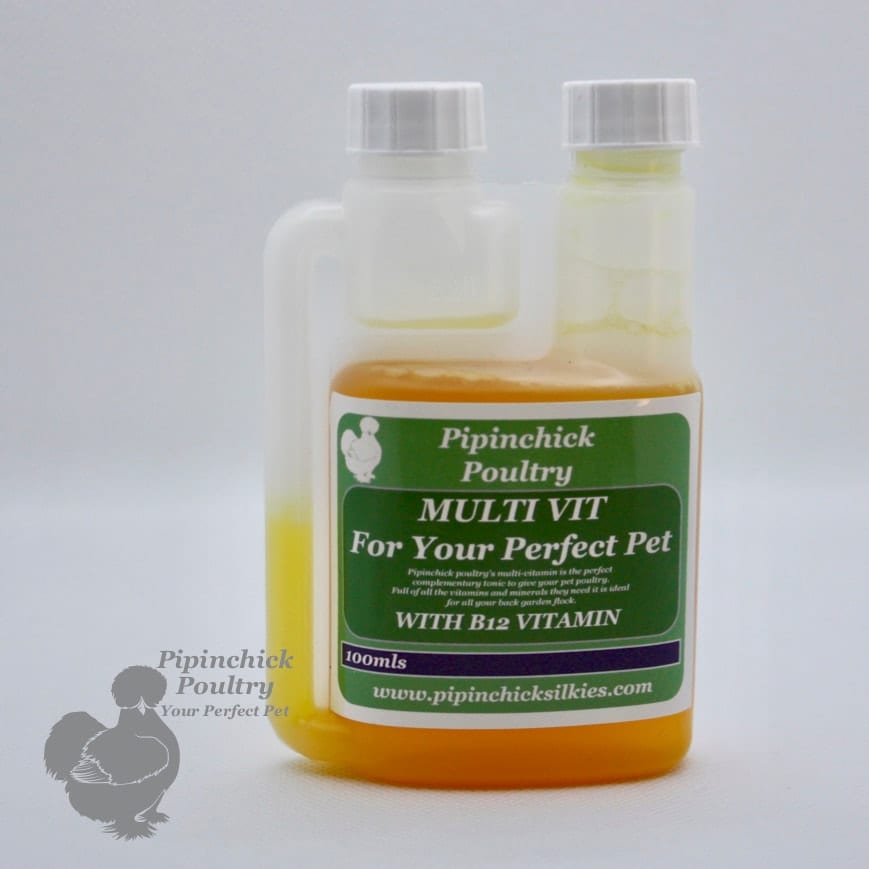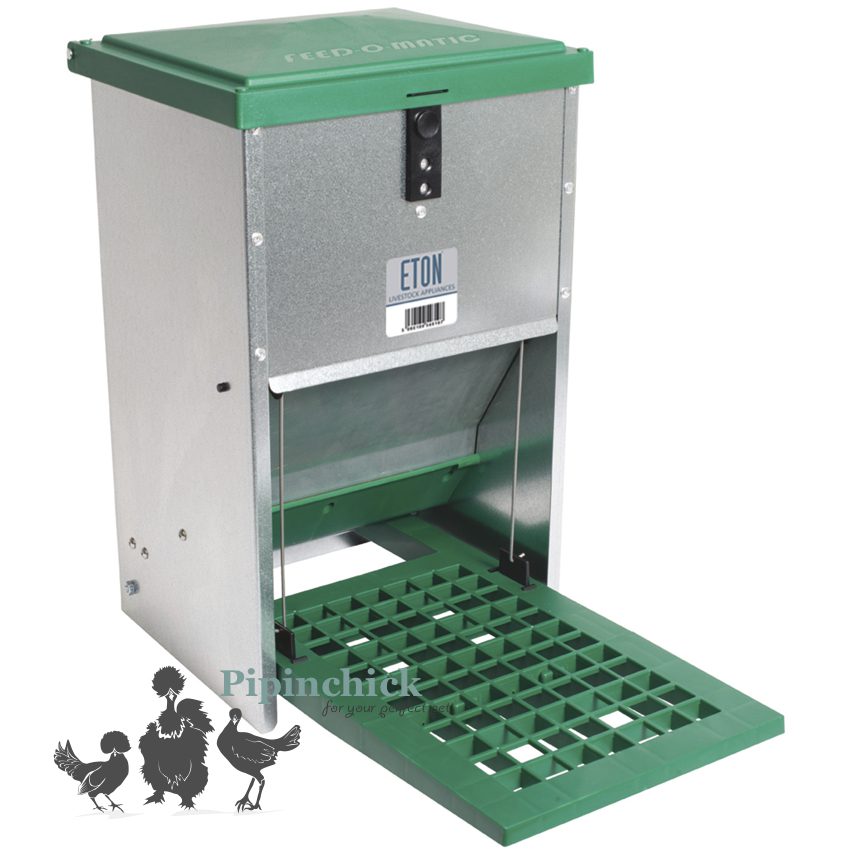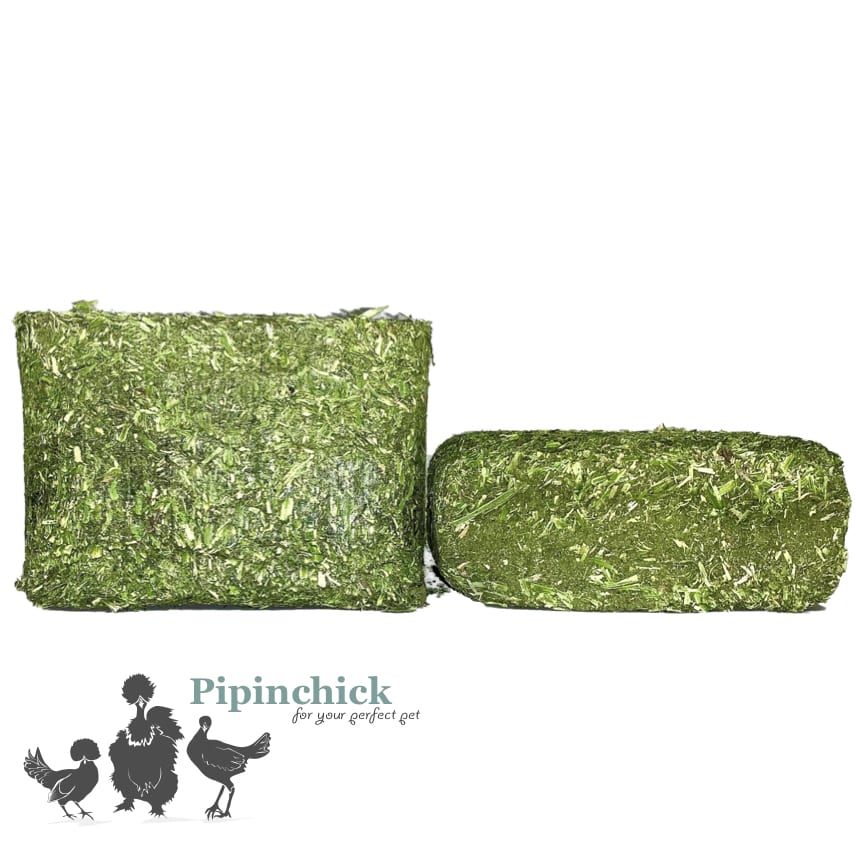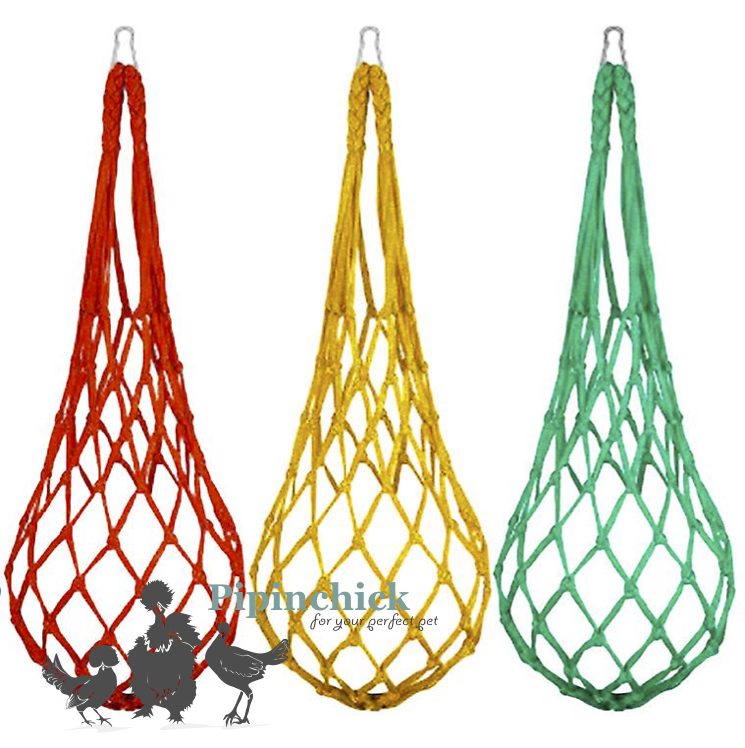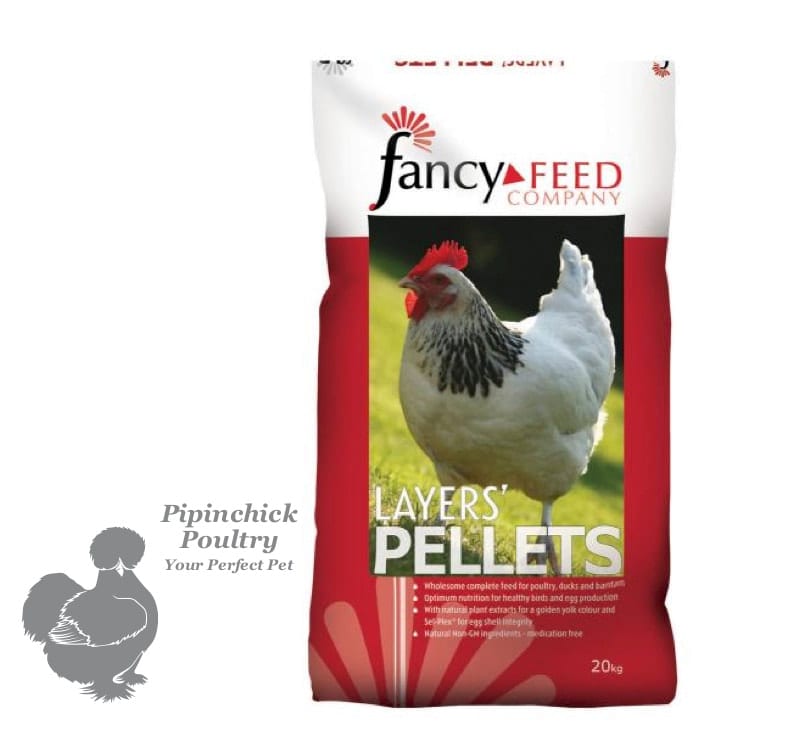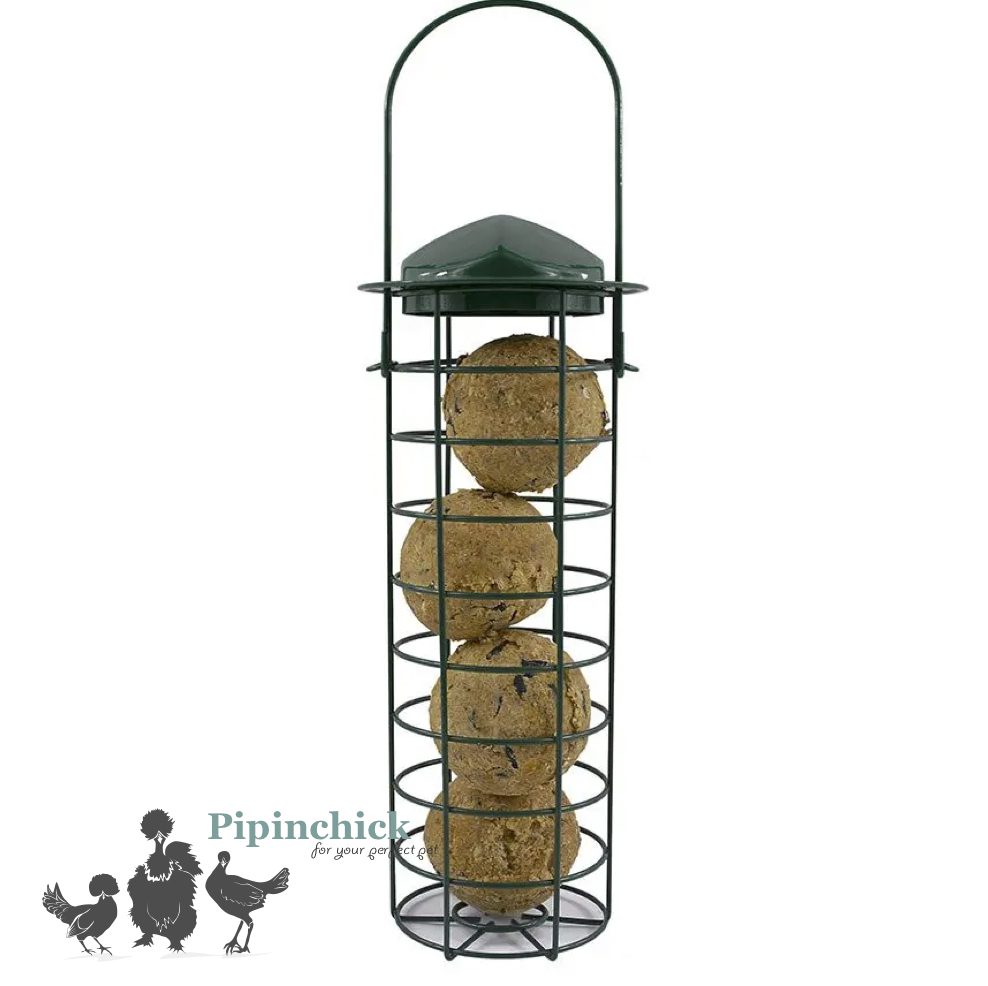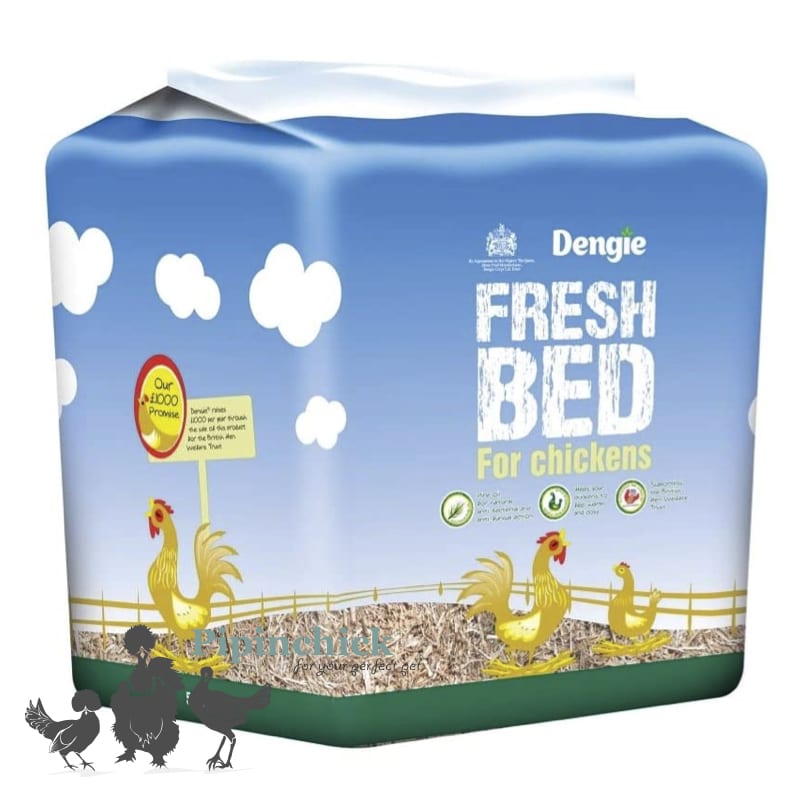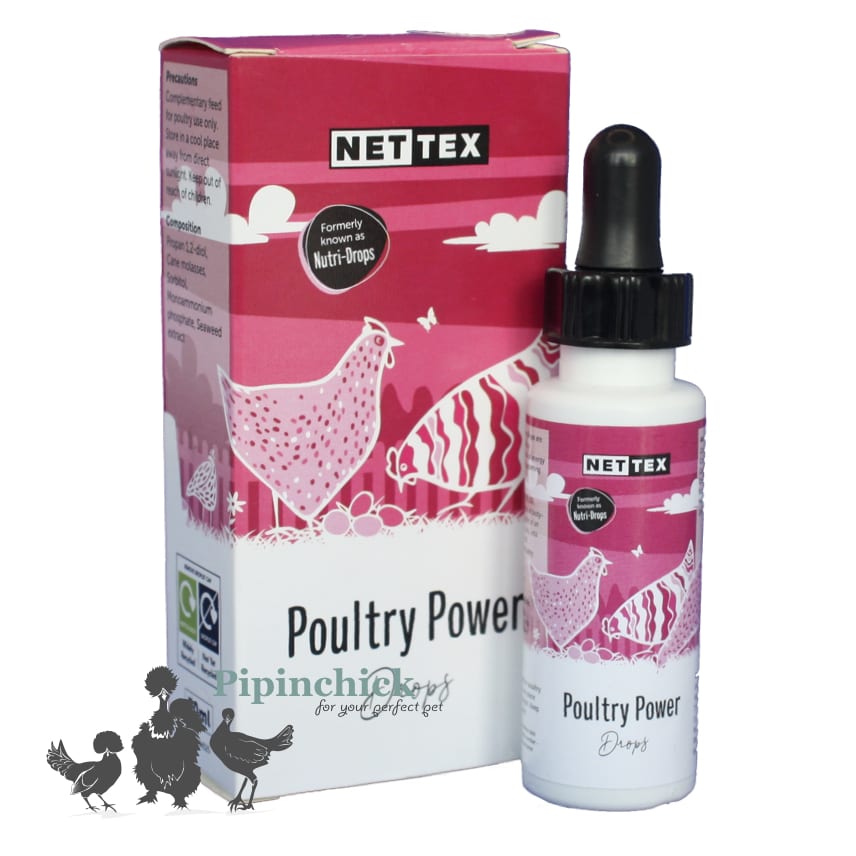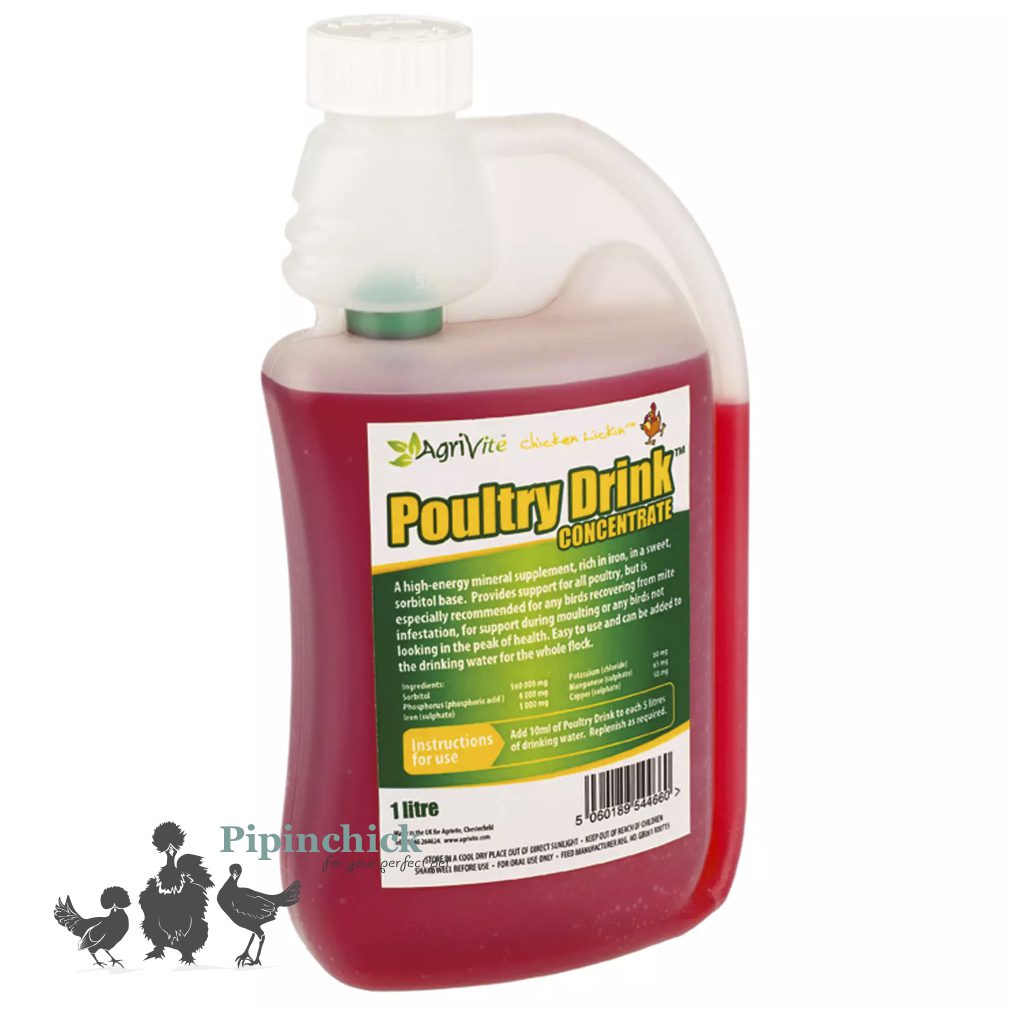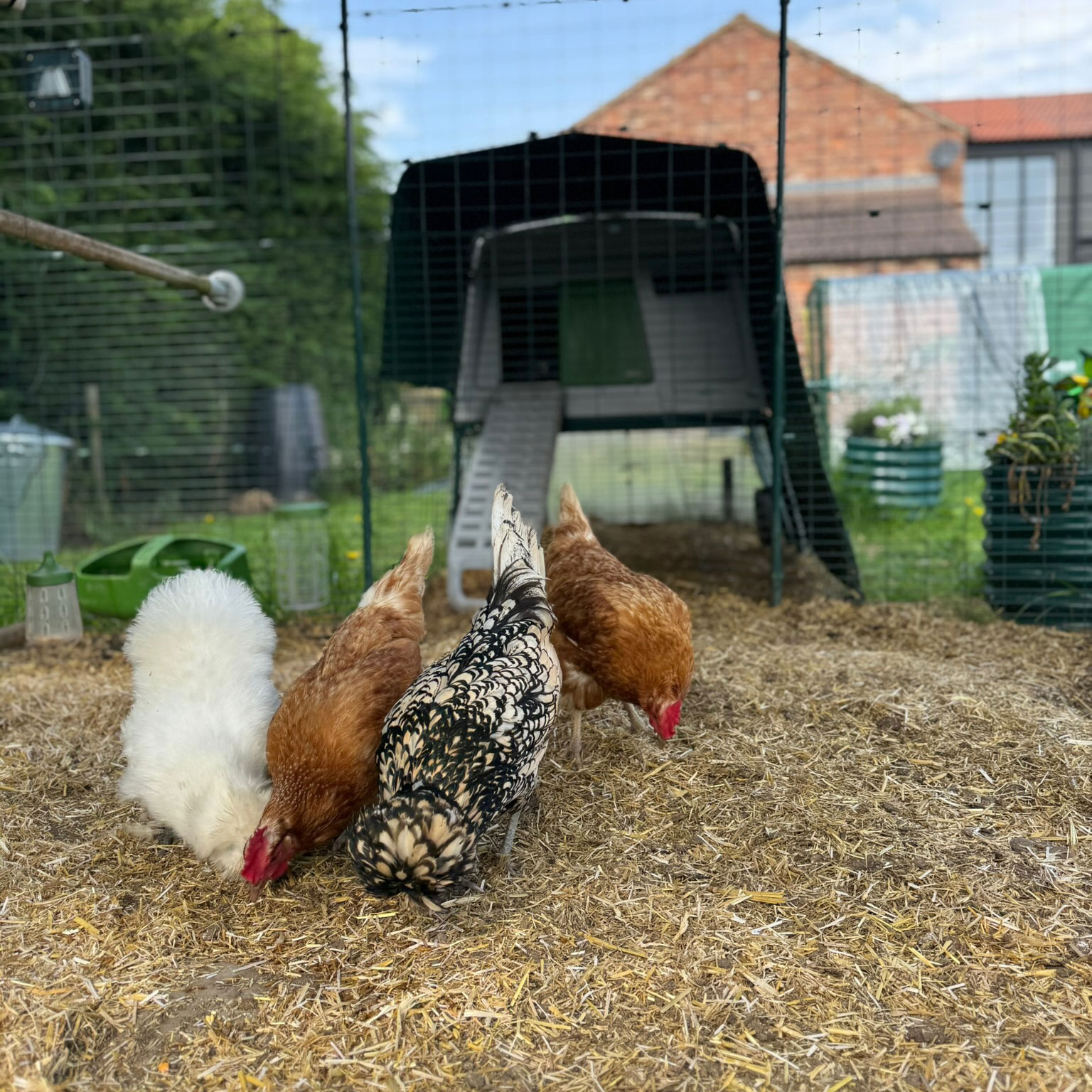


Hybrid Marigold
Marigold Hybrid Chickens For Sale
Introduction to Hybrid Marigold Chickens
The Marigold is the quintessential laying hen, they are both robust and pretty with a golden mottled plumage. They have a docile temperament and are not known to be aggressive or flighty. Friendly and confident, they make lovely pets and are good in most mixed flocks. They have featherless feet and legs and are suited to most set ups, they are confident foragers and great for free roaming situations. They can lay up to 300 large light brown eggs a year. They make great first-time chickens and can be mixed with some pure breeds and bantams.
*Please note, hybrid hens are cross bred and as such about 10% may not lay the specified coloured egg, if you want a guaranteed egg colour then opt for a pure breed chicken*
More About Marigold Chickens
-
Character
-
Suitability
-
History
Character
The Marigold is a sweet Hybrid chicken, they have a docile nature and are not known for being aggressive. They make wonderful first-time chickens for new keepers and are great for children as they are not flighty. They can be hand tamed over time with patience and trust building. They like to forage and will enjoy afternoon treats and lots of attention. They like people but may not want to be handled right away, they can fly but are not flighty.
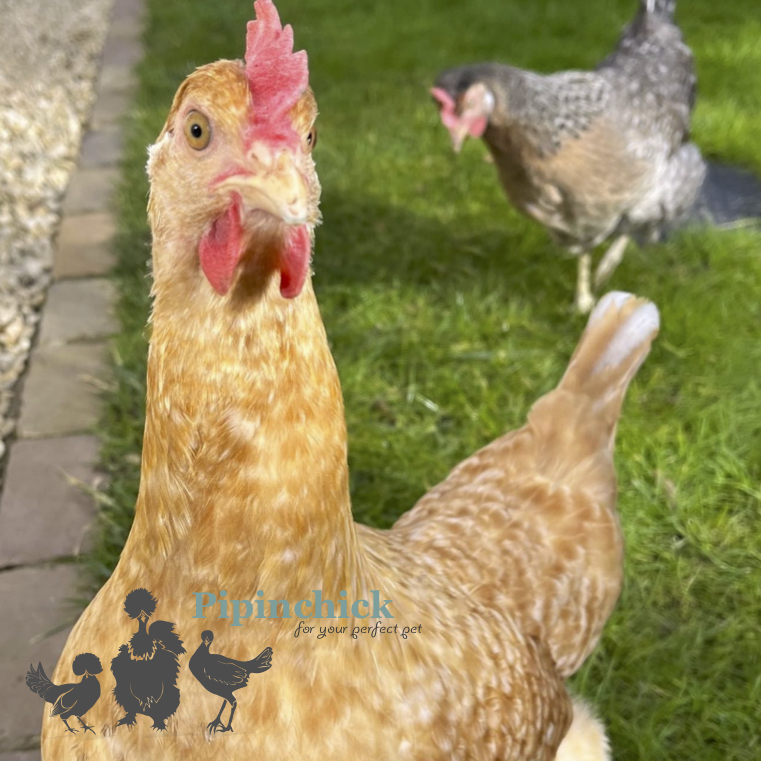
Suitability
Hybrid Marigold hens are great roaming birds, they love to forage and free range, they would not be suited to a very small back garden set up, however, could be happy in a larger garden provided they have enrichment, grass time and plenty to forage. Nutrition is important for hybrid chickens, they need a good layers’ pellet and extra treats with calcium, vitamin D and B12 to enable them to produce lots of lovely fresh eggs. You will need to ensure your area has feed and water available at all times. With a naturally docile nature they do make lovely pets for children, they can be hand tamed with treats, patience and a calm owner, they like people and are not shy. As they love to forage and can fly the perfect setting would be a large walk-in run for when you’re not around with lots of space to forage outdoors safely. You can use electric fencing to create safe areas for foraging if you have a big space. Hybrids are flight birds and would like a roosting bar for sleeping at night, they can also manage a house with a ladder or a ramp.

History
Hybrid Chickens come in many varieties and are usually cross-bred from different pure breeds such as the Light Sussex, Rhode Island Red and Leghorn. They are not easily stressed and are generally very confident, friendly birds. Hybrid chicken development is quite new and only started in the 1950’s, before the hybrid chicken was created most farmers and poultry keepers kept pure breeds. Hybrids have been created to lay prolific numbers of eggs, but their egg production is short lived and they tend to slow down after about 3 years of laying, they can lay up to 3000 large light brown eggs a year and are not a broody breed.


